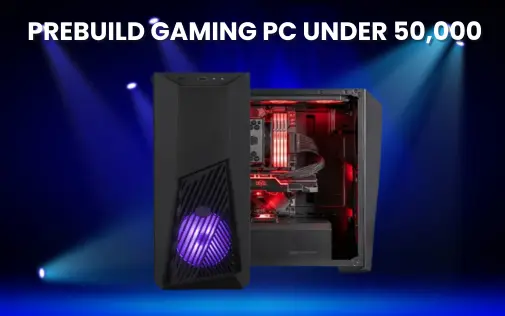Prebuild Under 50,000
Looking to build a powerful gaming rig without breaking the bank? Look no further! In this article, we will guide you through the process of building an affordable gaming PC for under 50,000. Whether you are a casual gamer or a hardcore enthusiast, we’ve got you covered.
With the ever-increasing demand for high-performance gaming machines, finding budget-friendly options can be a challenge. However, don’t be discouraged! Building a powerful PC on a budget is not only achievable but also a rewarding experience.
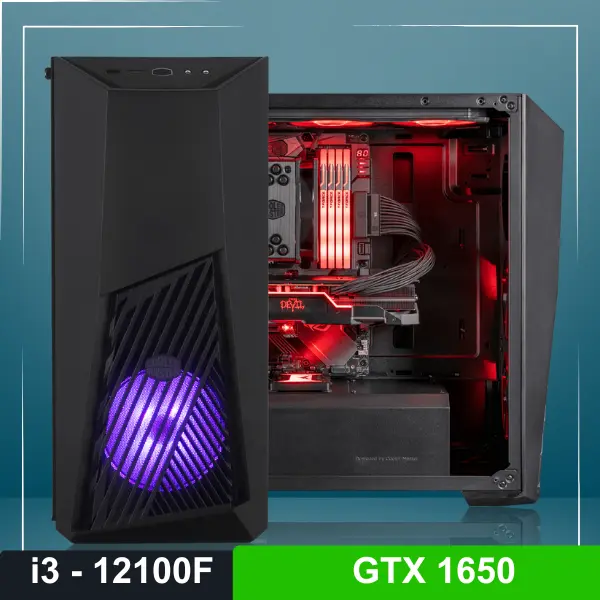
Prebuild Under 50,000
Achilles PC (i3 12100F, GTX 1650 4GB DDR6, Prebuild PC)
Viserion PC (Intel i3-12100F, RTX 3050 8GB DDR6, Prebuild PC)
Themis PC (i3 12100F, Arc A380, Prebuild PC)
Mark I – Ryzen 5 (Prebuild PC)
Inferno Zotac MAGNUS ONE Prebuild Mini PC
Cosmic Vibe Zotac MAGNUS ONE Prebuild Mini PC
We will explore cost-effective components, tips, and tricks to help you get the most out of your gaming rig without compromising on quality. From selecting the right processor and graphics card to optimizing storage and memory, we will provide you with all the information you need to make informed decisions.
So, whether you’re a seasoned builder or just starting out, join us as we take you on a journey to build the ultimate gaming rig without breaking the bank. Get ready to immerse yourself in breathtaking graphics and seamless gameplay, all within your budget!
Setting a budget for your gaming PC
1. Processor
The processor, also known as the CPU (Central Processing Unit), is the brain of your gaming rig. It handles all the calculations and instructions required to run your games smoothly. When building a budget gaming PC, it’s essential to find a processor that offers a good balance between performance and cost.
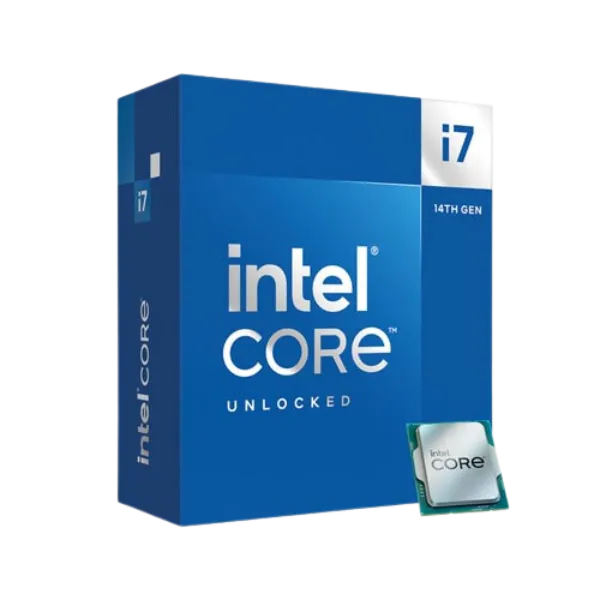
Look for processors with high clock speeds and multiple cores. AMD’s Ryzen processors are known for their affordability and excellent gaming performance. Intel’s Core i5 and i7 processors are also popular choices for budget gaming rigs. Consider your budget and the requirements of the games you plan to play to make the right choice.
2. Graphics Card
The graphics card, or GPU (Graphics Processing Unit), is responsible for rendering the graphics in your games. It has a significant impact on the visual quality and performance of your gaming experience. When building a budget gaming rig, finding a graphics card that provides good performance without breaking the bank is crucial.
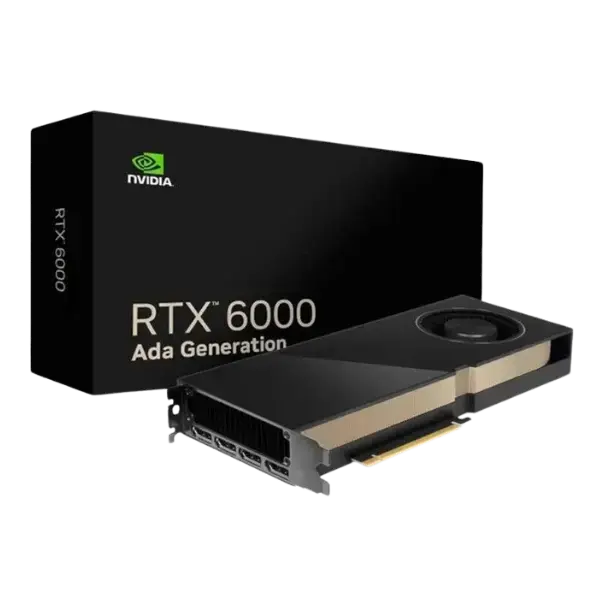
NVIDIA’s GeForce GTX series and AMD’s Radeon RX series offer excellent value for money. Look for graphics cards with at least 4GB of VRAM and consider the power requirements of the card. Additionally, check for compatibility with your chosen processor and ensure your power supply can handle the card’s power demands.
3. Memory and Storage
Memory, also known as RAM (Random Access Memory), is essential for multitasking and running games smoothly. Aim for at least 8GB of RAM for a budget gaming rig, but consider upgrading to 16GB if your budget allows. Look for DDR4 RAM for better performance.
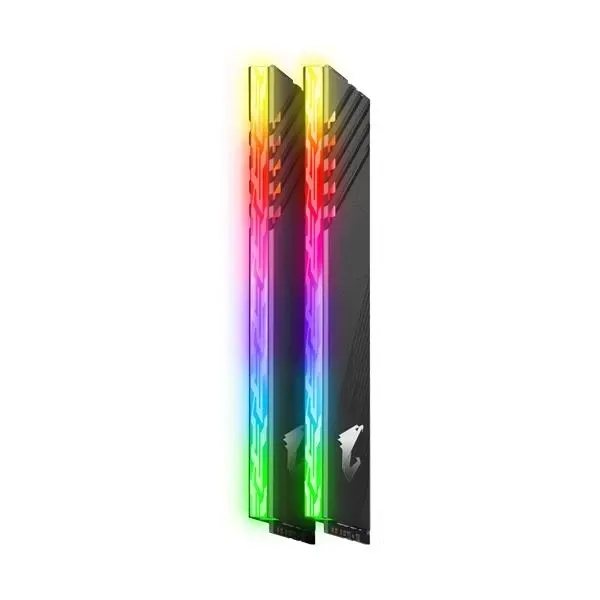
For storage, consider a combination of SSD (Solid State Drive) and HDD (Hard Disk Drive). An SSD will provide faster boot times and game load times, while an HDD can offer larger storage capacity at a lower cost. Opt for a small SSD for your operating system and frequently played games, and a larger HDD for additional storage.
Researching and comparing PC components for affordability and performance
Before diving into the world of PC components, it’s essential to set a budget for your gaming PC. This will help you prioritize your spending and make informed decisions when selecting components. Here are a few factors to consider when setting your budget.
1. Determine Your Gaming Needs
Consider the types of games you’ll be playing and their system requirements. If you’re primarily playing less demanding games or older titles, you may not need the latest and most powerful components. On the other hand, if you’re aiming for high-end graphics and smooth gameplay on demanding AAA titles, you may need to allocate a larger portion of your budget to the graphics card and processor.
2. Consider Future Upgrades
While building a budget gaming rig, it’s essential to keep future upgrades in mind. Aim for a system that can be easily upgraded down the line, whether it’s adding more RAM or swapping out the graphics card. Investing in a reliable power supply and a motherboard with expansion slots will make future upgrades smoother and more cost-effective.
3. Allocate Budget for Peripherals and Accessories
Don’t forget to allocate a portion of your budget for peripherals and accessories. This includes a gaming monitor, keyboard, mouse, headset, and any additional accessories you may need. While these items may not directly impact the performance of your gaming rig, they are essential for an immersive gaming experience.
Researching and comparing PC components for affordability and performance
Before diving into the world of PC components, it’s essential to set a budget for your gaming PC. This will help you prioritize your spending and make informed decisions when selecting components. Here are a few factors to consider when setting your budget.
1. Determine Your Gaming Needs
Consider the types of games you’ll be playing and their system requirements. If you’re primarily playing less demanding games or older titles, you may not need the latest and most powerful components. On the other hand, if you’re aiming for high-end graphics and smooth gameplay on demanding AAA titles, you may need to allocate a larger portion of your budget to the graphics card and processor.
2. Consider Future Upgrades
While building a budget gaming rig, it’s essential to keep future upgrades in mind. Aim for a system that can be easily upgraded down the line, whether it’s adding more RAM or swapping out the graphics card. Investing in a reliable power supply and a motherboard with expansion slots will make future upgrades smoother and more cost-effective.
3. Allocate Budget for Peripherals and Accessories
Don’t forget to allocate a portion of your budget for peripherals and accessories. This includes a gaming monitor, keyboard, mouse, headset, and any additional accessories you may need. While these items may not directly impact the performance of your gaming rig, they are essential for an immersive gaming experience.

